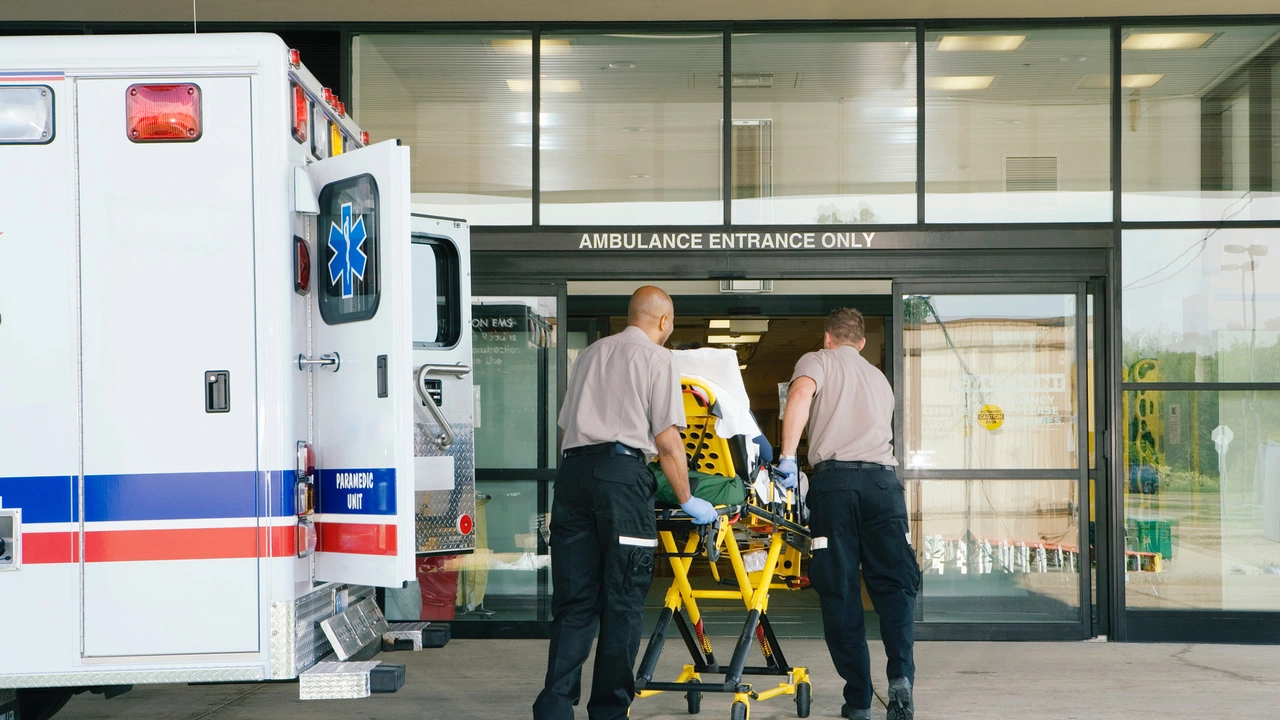Health and Wellness: Real Answers for Real Life
When it comes to staying healthy, you want info that cuts the fluff and gets right to the point. Whether you’re wondering how an ambulance decides where to take you or looking for simple ways to boost your energy, we’ve got you covered. No jargon, just plain advice you can use today.
Ambulance and Hospital Choice
One of the biggest questions people ask is, “Will the ambulance take me to the hospital I want?” The short answer: it depends. If your condition is life‑threatening, paramedics head for the nearest facility that can handle the emergency. Time is critical, and the closest equipped hospital usually wins.
When the situation isn’t urgent, crews have a little more flexibility. They might check which hospitals have available beds or the right specialists, then see if they can honor your preference. Some regions even let you name a hospital ahead of time, but the final call still rests on safety and resources.
What can you do? Keep a list of your preferred hospitals handy and share it with your family. If you have a chronic condition that needs a specific center, let your doctor know so they can note it in your records. The more info the emergency team has, the better they can match you with the right place.
Everyday Wellness Hacks
Beyond emergencies, a solid wellness routine keeps the need for ambulance rides low. Start with the basics: drink enough water, move a little each day, and aim for consistent sleep. These tiny habits add up to big health gains without any fancy equipment.
Nutrition doesn’t have to be complicated. Swap sugary drinks for water or tea, add a piece of fruit to your breakfast, and try to include a protein source in each meal. You’ll feel steadier and avoid the energy crashes that lead to stress.
Stress management is another pillar. A quick 5‑minute breathing exercise or a short walk can lower cortisol levels. If you’re busy, set a timer on your phone and stretch every hour—your body thanks you with less tension and better circulation.
Finally, regular check‑ups are a smart move. Catching a health issue early means fewer emergency calls and more treatment options. Keep a simple health diary: note any new symptoms, medication changes, or recurring pains, then bring it to your doctor.
Bottom line? Knowing how emergency services work and building daily habits that support your body give you control over your health. Use the tips above, stay informed, and you’ll be ready for anything that comes your way.
Quick FAQ
Can I choose a hospital for a non‑life‑threatening ambulance? Yes, but the crew will still pick the nearest facility that can treat you safely. If multiple options are similar, they may follow your preference.
What should I tell my family about my hospital preference? Write down the name, address, and phone number of your top choice. Share it with close relatives and keep it in an easy‑to‑find place, like a wallet card.
How often should I see a doctor for routine checks? Generally once a year if you’re healthy, but if you have chronic conditions, follow your doctor’s schedule—often every 3–6 months.
